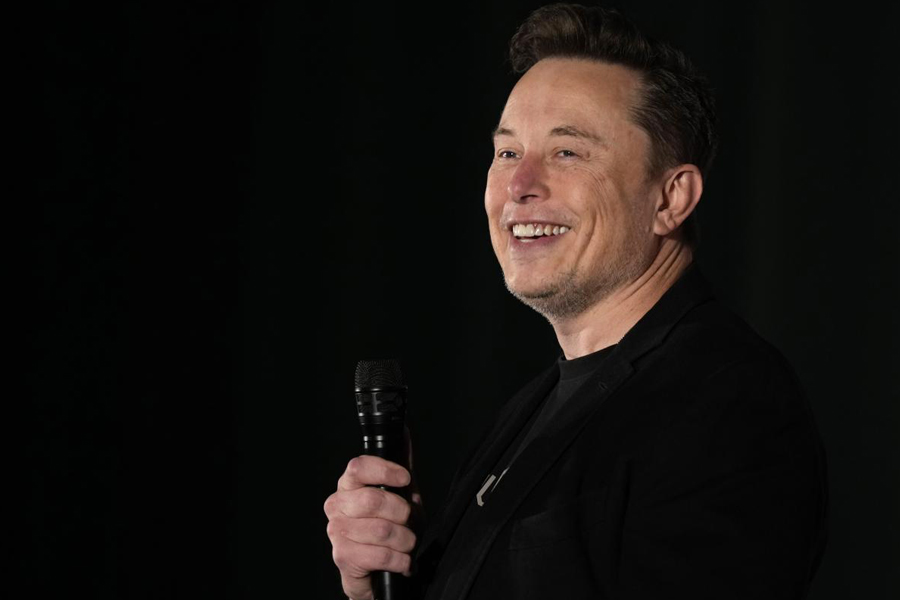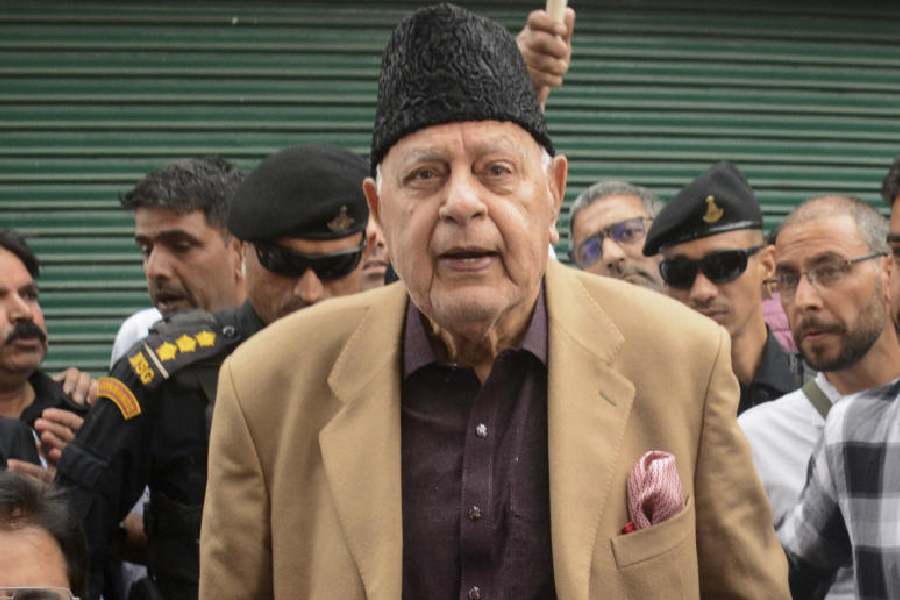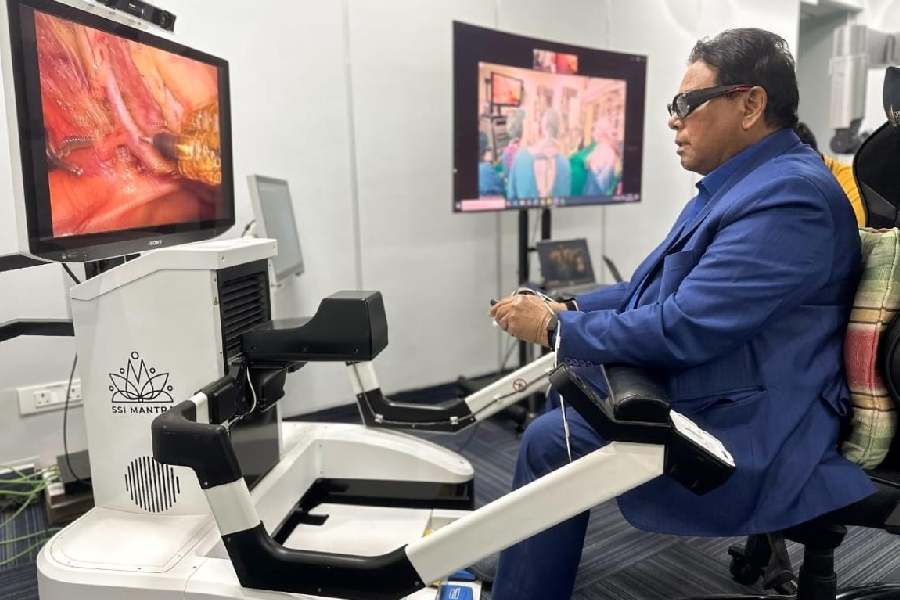A Delaware judge on Monday affirmed an earlier ruling that rescinded a giant pay package that Tesla had awarded its chief executive, Elon Musk.
The pay, in the form of stock options, was worth more than $50 billion and helped make Musk the richest person in the world. The package is now worth $100 billion after Tesla’s share price jumped sharply in recent weeks.
The judge, Chancellor Kathaleen St. J. McCormick of the Delaware Court of Chancery, struck down the award in January, ruling that shareholders had not been properly informed of its details and that members of Tesla’s board were not sufficiently independent.
But lawyers for Tesla and Musk argued that a second shareholder vote in June in favour of the package cleared the way for effectively reinstating it.
The pay comes from a 2018 award that said Musk would get all the options only if Tesla’s stock price soared and its sales and earnings grew strongly. Few expected Musk to achieve all of those targets because Tesla was still struggling to sell enough electric cars to become profitable. But Tesla’s business took off and its stock rocketed higher, allowing Musk to earn all the options in the following years. He has to hold them for five years.
The shareholder who brought the suit, Richard J. Tornetta, contended that Tesla’s board had not acted independently of Musk when devising the package and that the company had provided “materially misleading” information to investors. In her January ruling, after a trial in 2022, Chancellor McCormick said, “The process leading to the approval of Musk’s compensation plan was deeply flawed.”
To try to get the judge to change her mind, Tesla’s lawyers argued that shareholders were sufficiently informed when they overwhelmingly voted again for the package in June. But in her ruling on Monday, Chancellor McCormick wrote that the Tesla lawyers’ arguments had several flaws. Among them was that they could not hope to flip a decision “based on evidence they created after trial”.
She also said a “stockholder vote standing alone cannot ratify a conflicted-controller transaction”, referring to a situation in which a major shareholder has influence over a board and its decisions.
In any case, Chancellor McCormick said, the June vote was flawed because the board presented “materially misleading” information to shareholders in the proxy statement urging them to ratify Musk’s pay package again.
New York Times News Service











